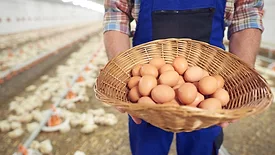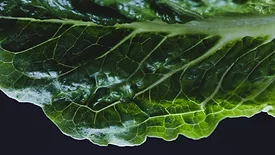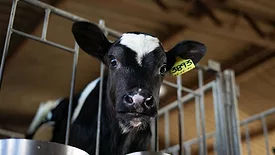Supply Chain
Building Loyalty Through Safety: Enhancing Allergen Management Programs as a Strategic Business Opportunity
Food allergy acts as a crucial factor in how millions of consumers decide where and what to eat every day
February 18, 2025
Never miss the latest news and trends driving the food safety industry
Newsletters | Website | eMagazine
JOIN TODAY!Copyright ©2026. All Rights Reserved BNP Media.
Design, CMS, Hosting & Web Development :: ePublishing










